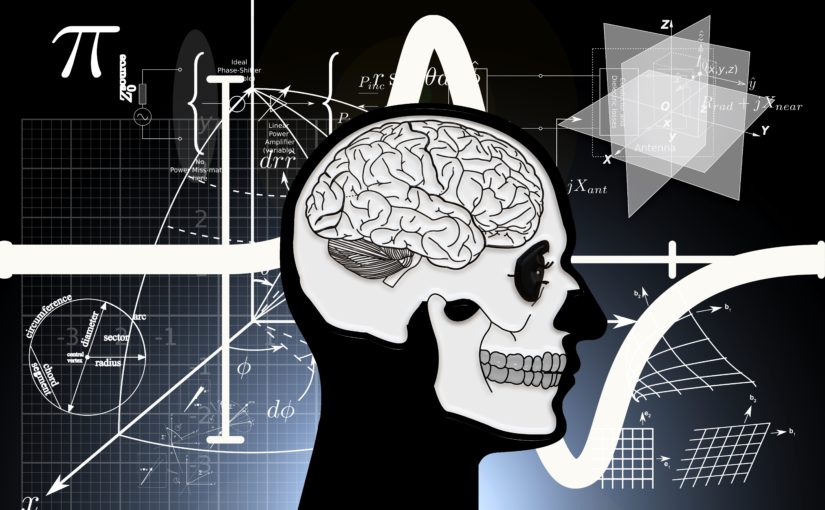The emergence of abstraction is the ghost in the machine. To many a mind is a concept that is similar to Plato’s philosophical concept of “Forms”, a spritiual context of mathematics that is very much like the theme of a novel, they are abstractions that can control the physical world. In reality, however, such a concept as Plato’s forms fails to understand that abstractions are really descriptions based on language. The physicallity of an abstraction is actually the information that the abstraction is composed of. So languages are actually states that represent information. When such language describes patterns in nature it is not the abstraction that controlls the physicallity or reality. Minds are forged from neural computations that from a myrid of states. Mathematics therefore can describe the patterns of minds from the patterns of the states of neurons. With that said; the notion of a human being’s experience as grades of qualia resolve themselves to states. This implies that machines can also expereince qualia if we can replicate similar intent and interpretation of signal states as human neurons do. Note this doesn’t mean we have to simulate neurons to achieve the identical phenomena as neurons do, but simply implement logically equivalent effects of cortical processing. When we ask; does the machine feel? We end up with the same problem if was ask the same question about a human being, it all resolves to singalling and comptutations of active components that are indifferent to any notion of feeling, let alone the concept of a mind.
Knowledge has been the problematic milestone in artificial intelligence and Wraithbots has endeavored to draw a line in the sand as to what is “meaning” and what is “awareness”. Wraithbots has a testable hypothesis, something that can be built and tested. With that said the name wraith and bots makes sense since our objective is to create a sense of awareness in a machine, a persona, a ghost (metaphorically), a wraith…
